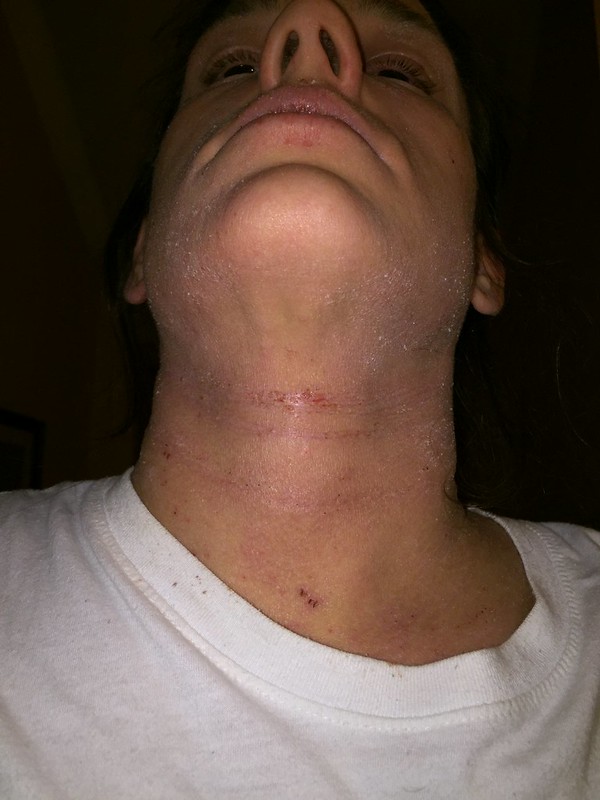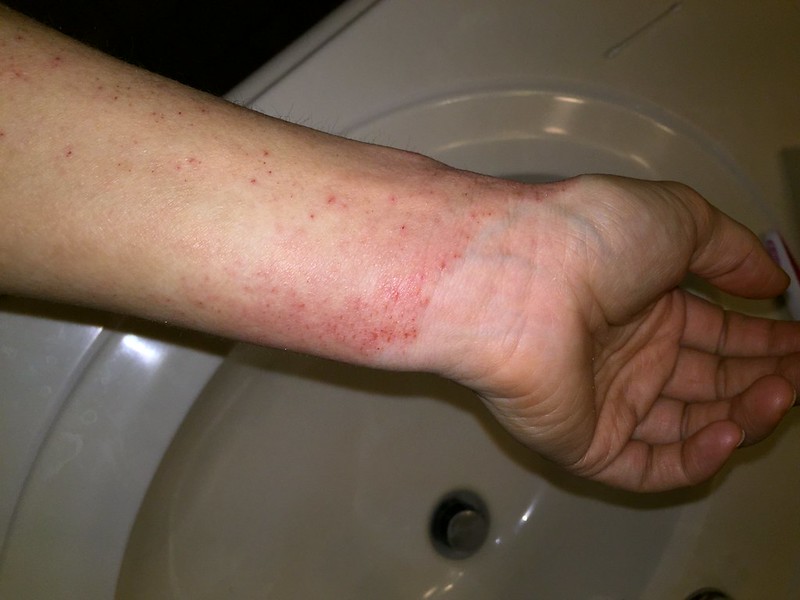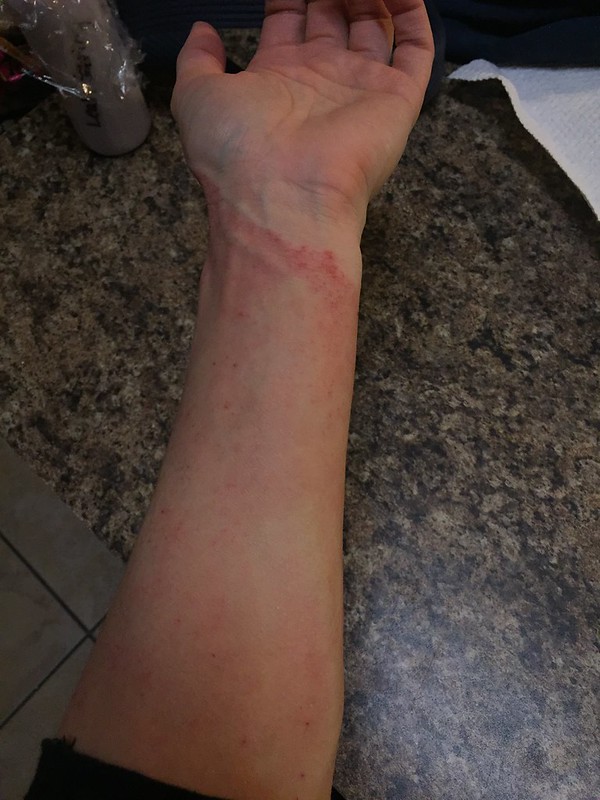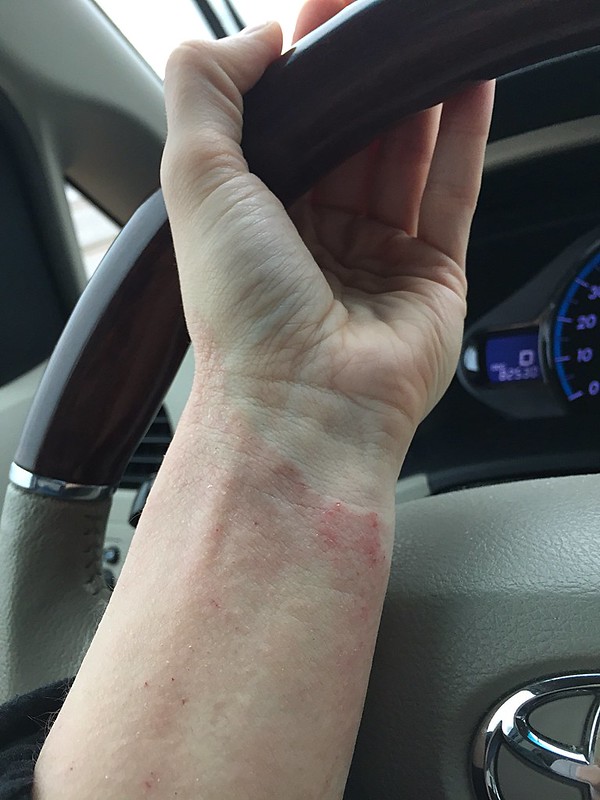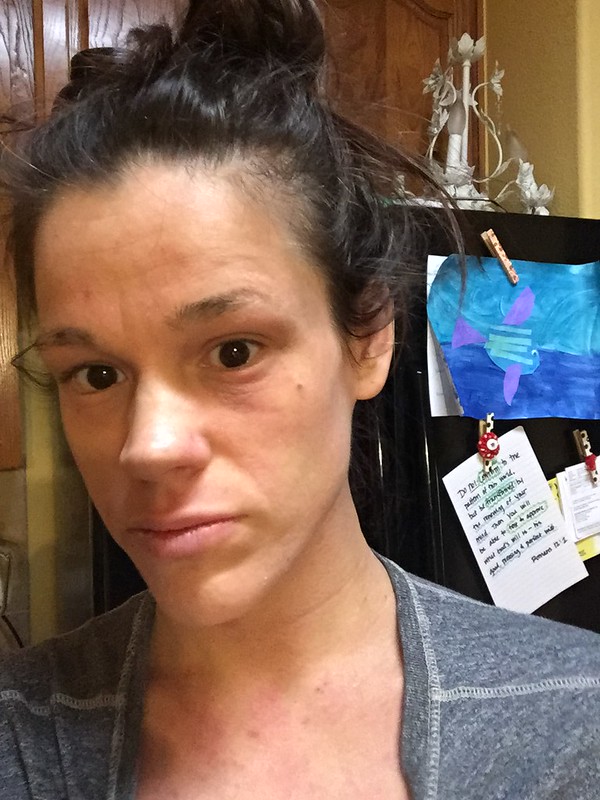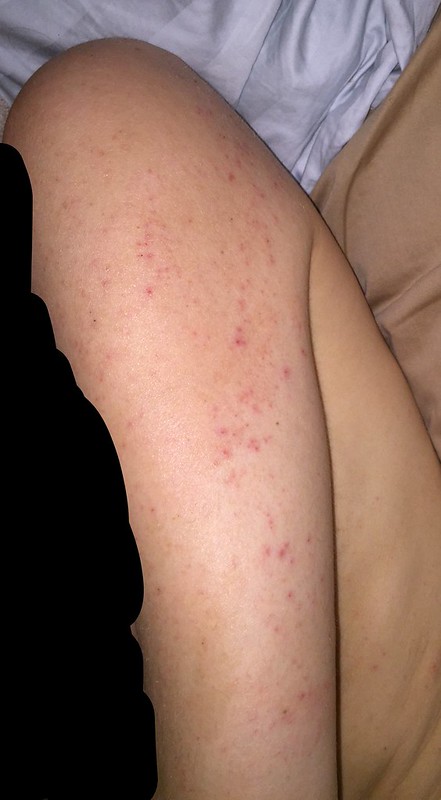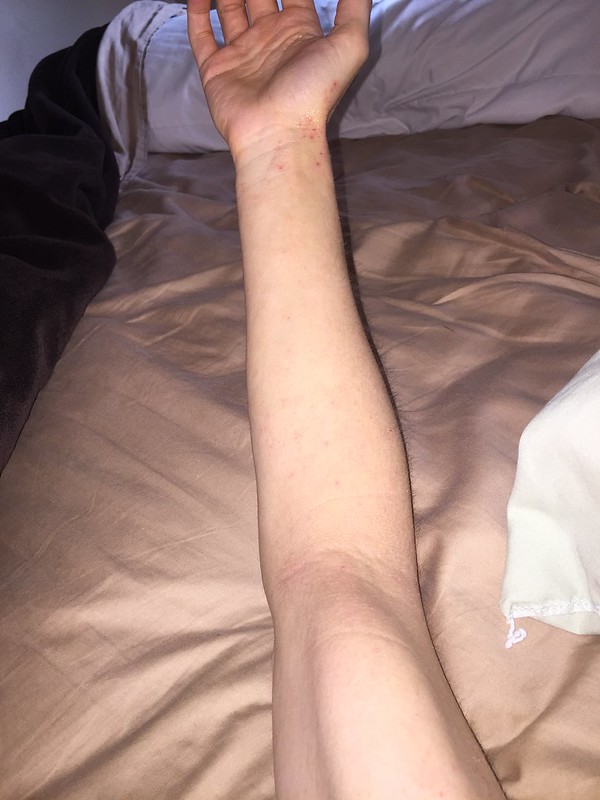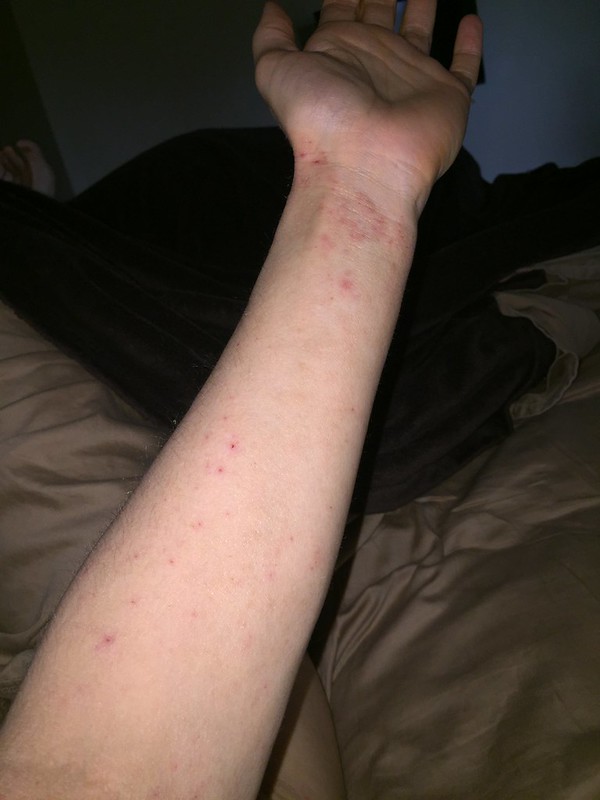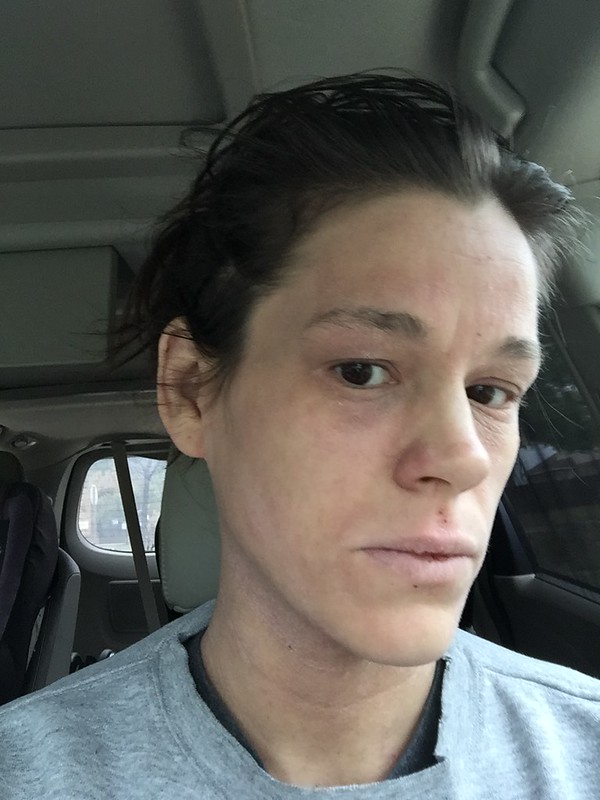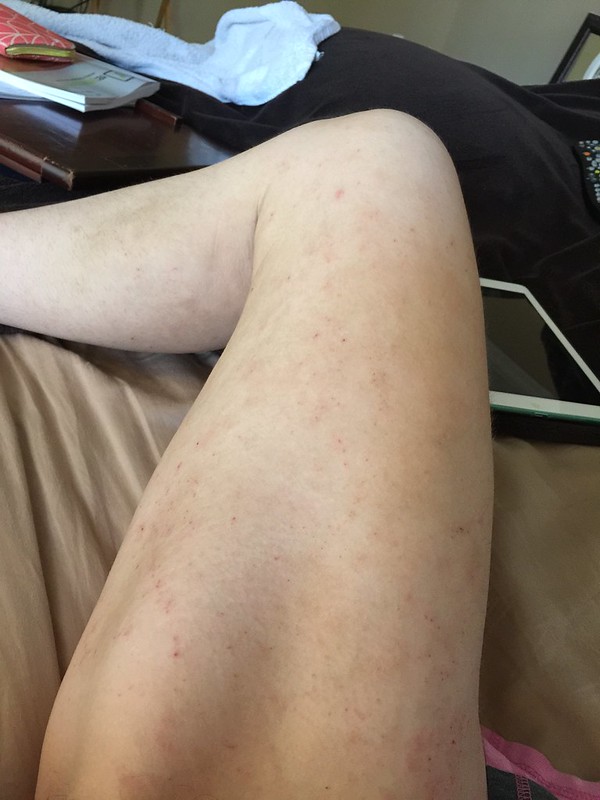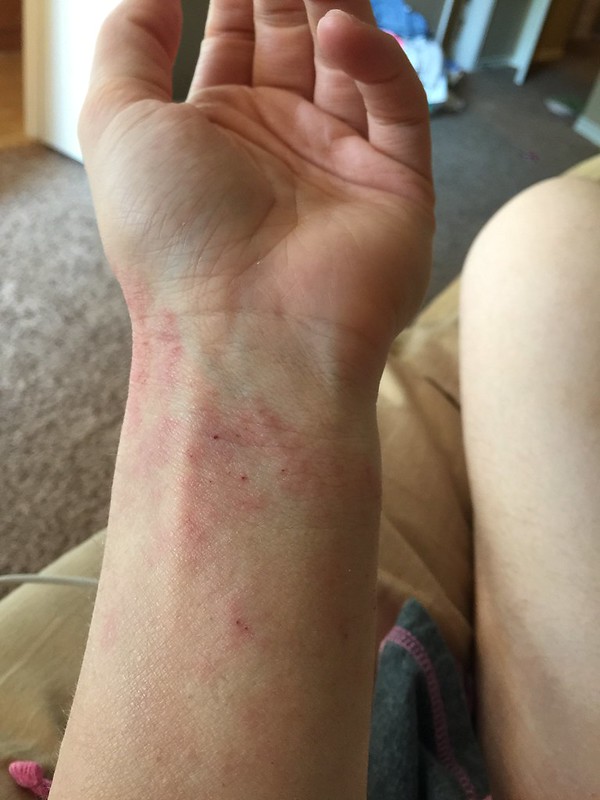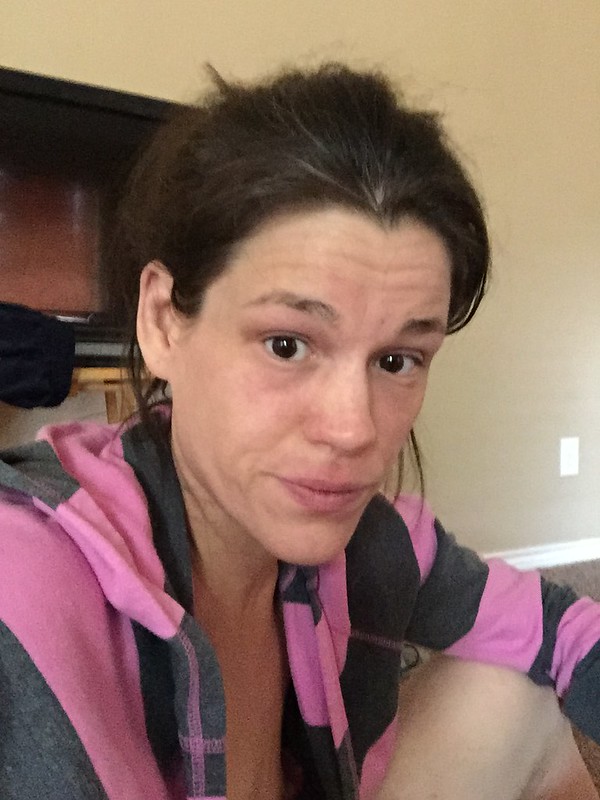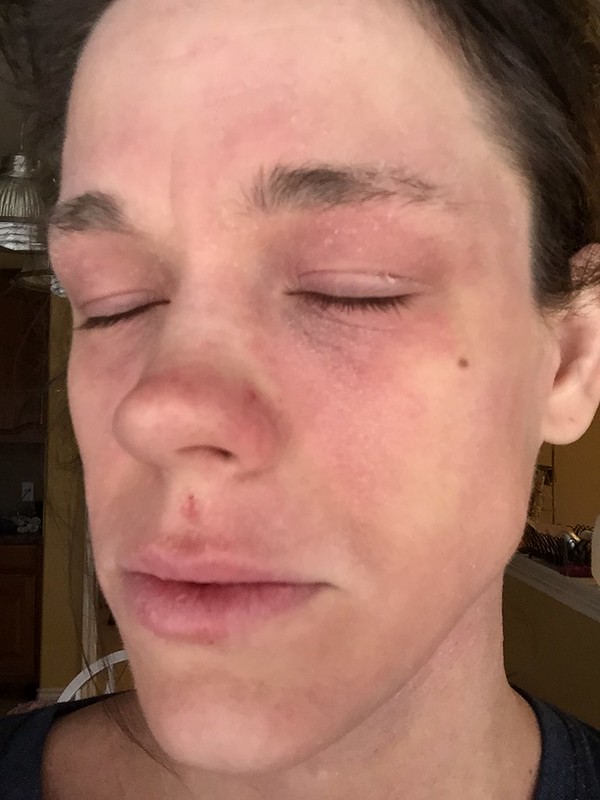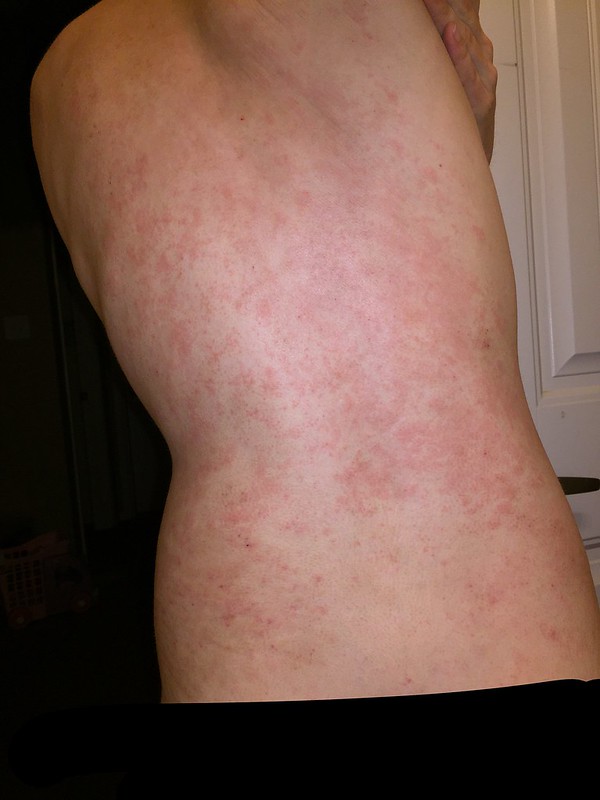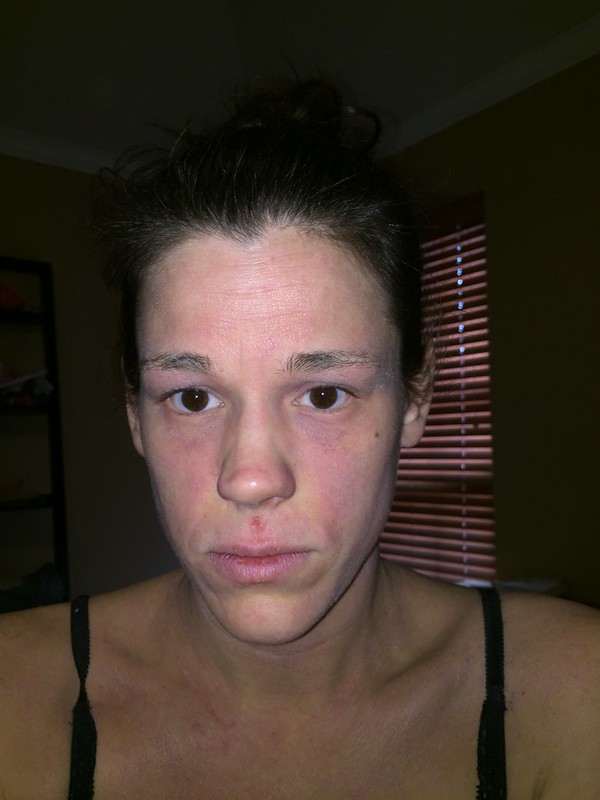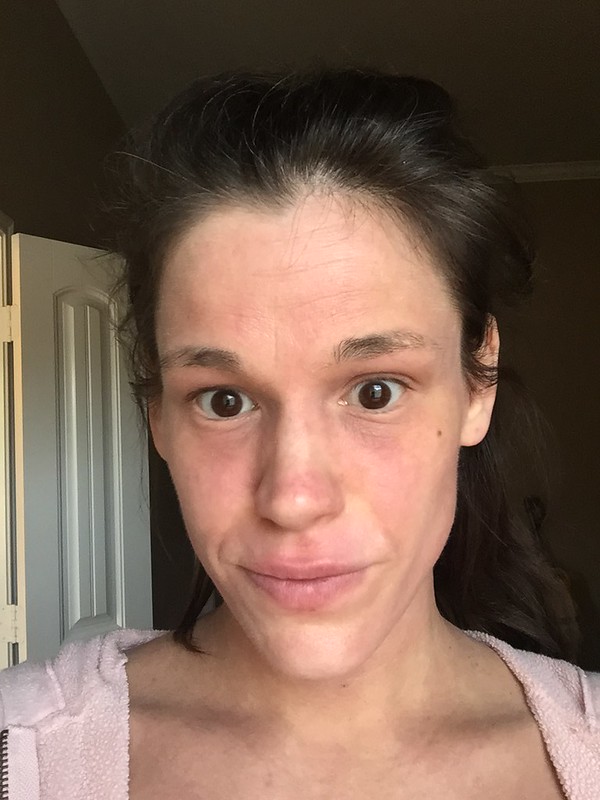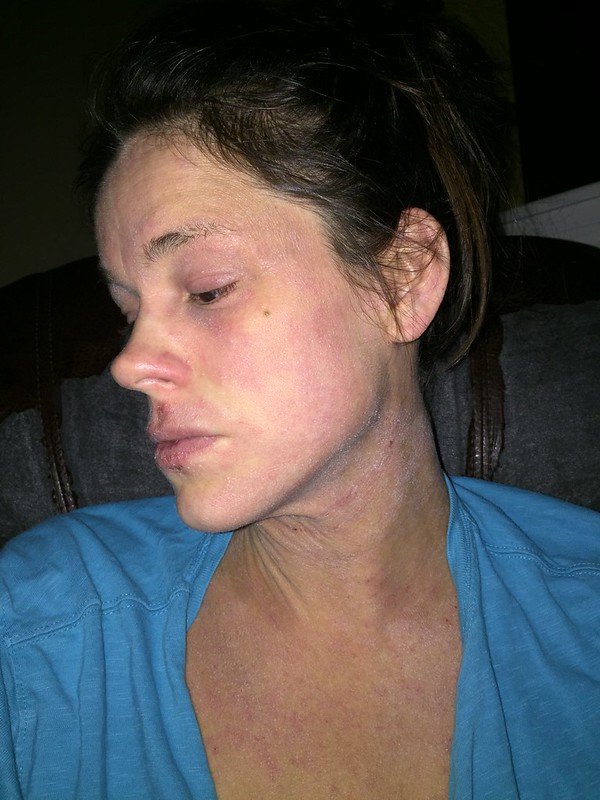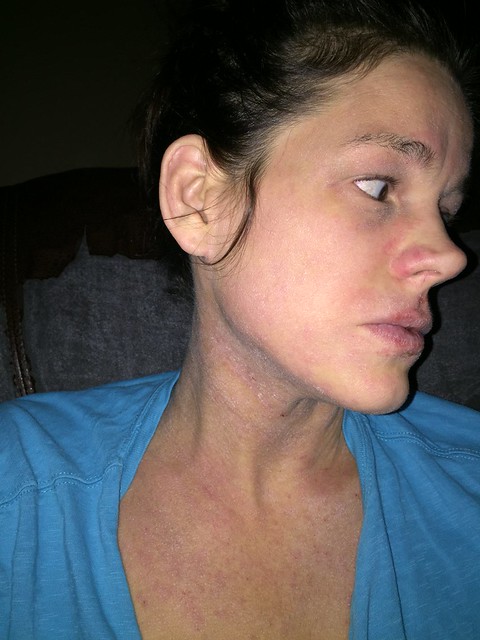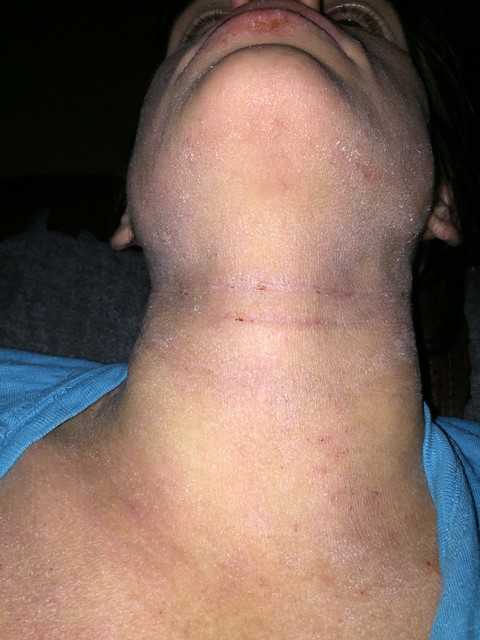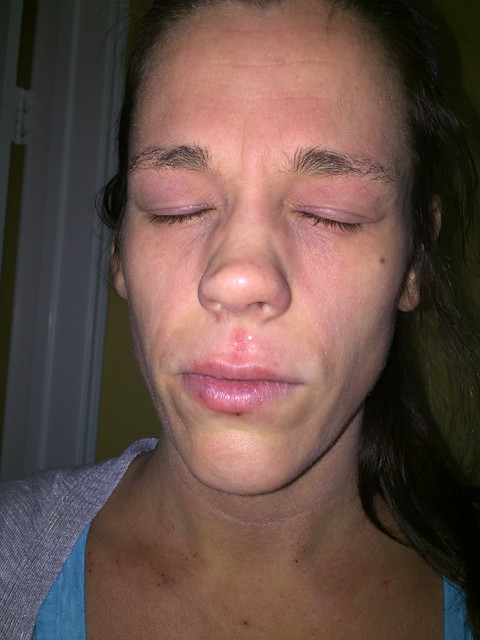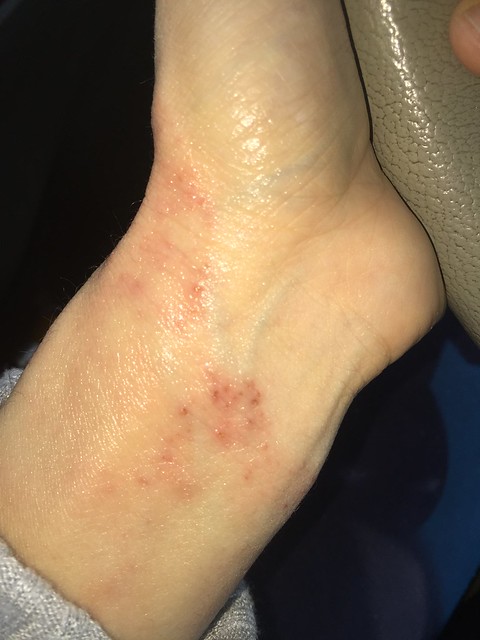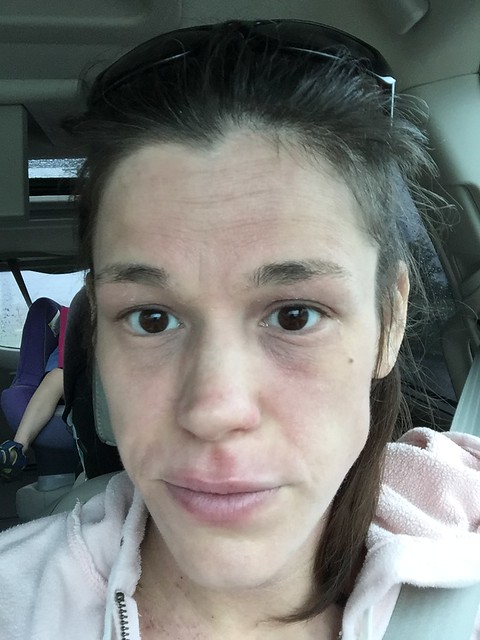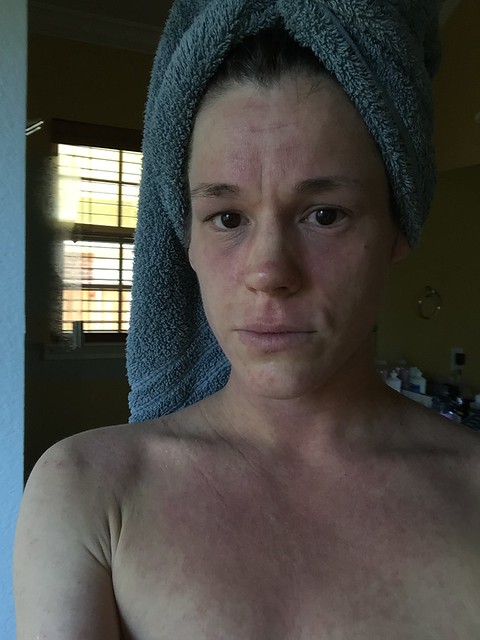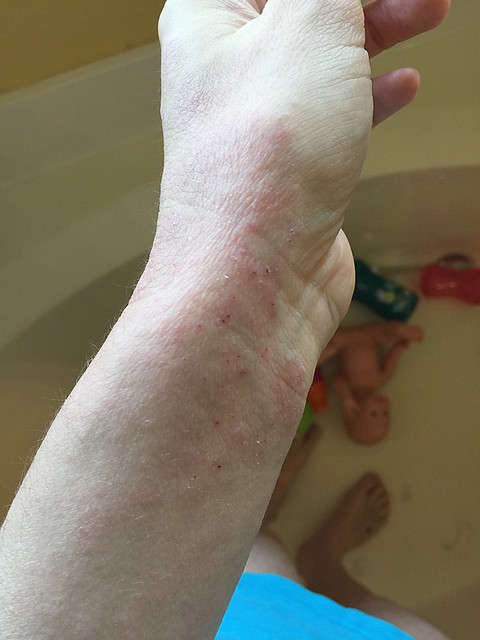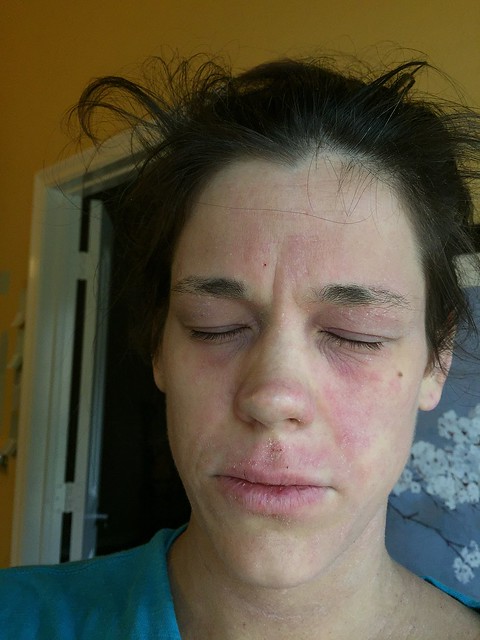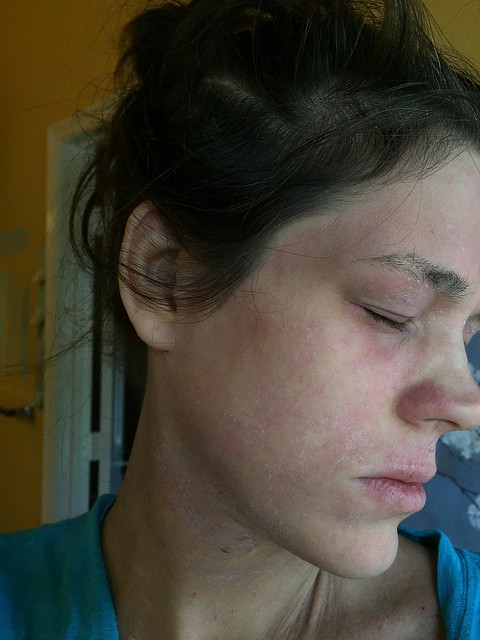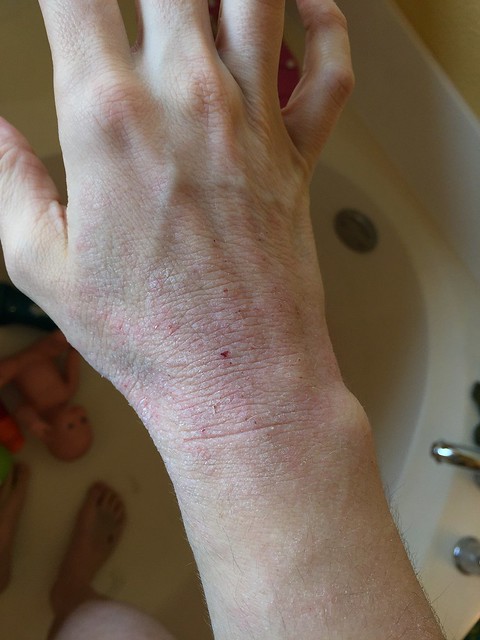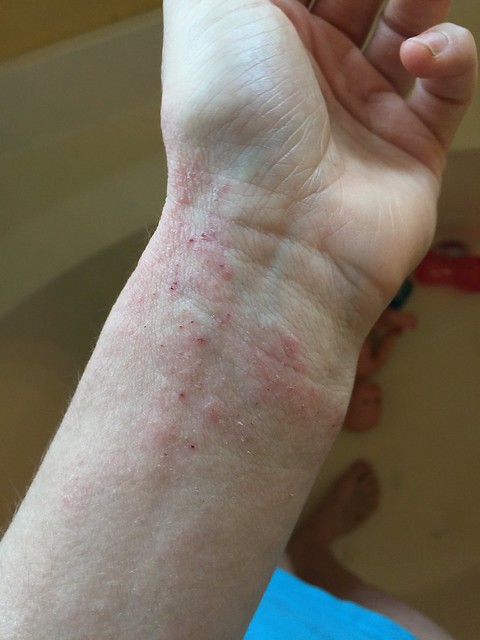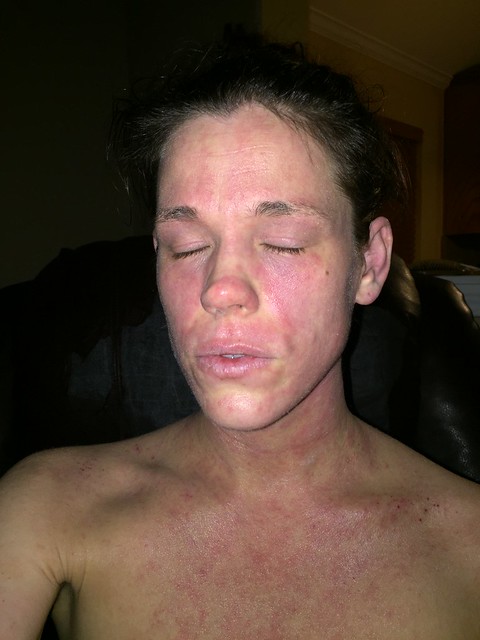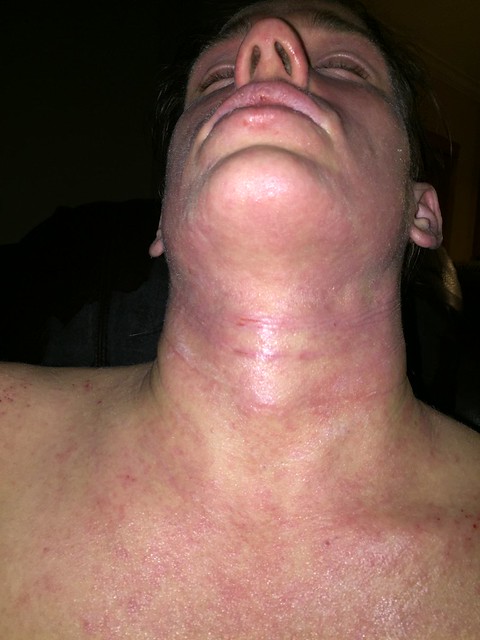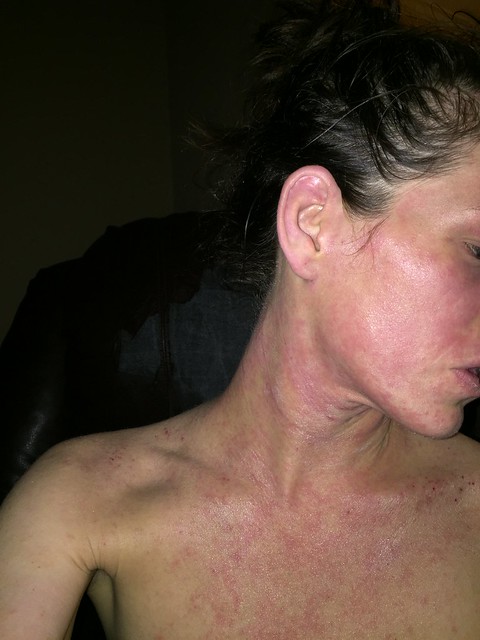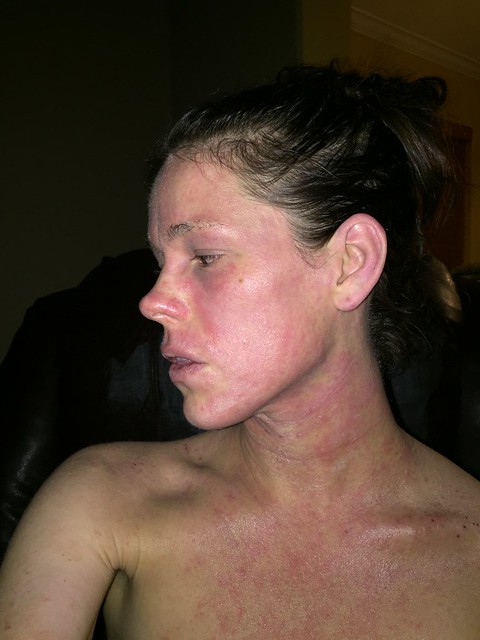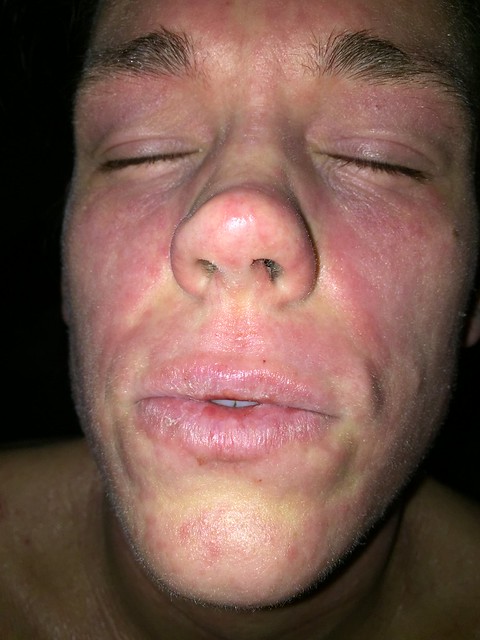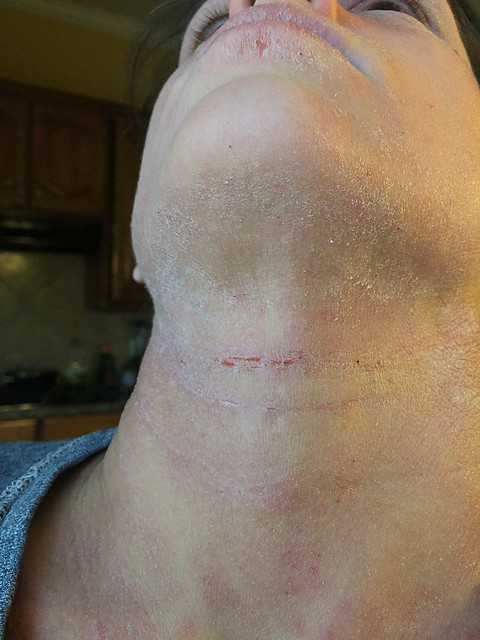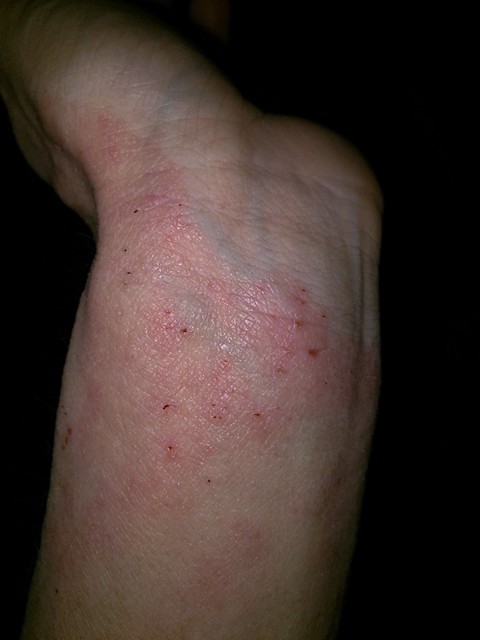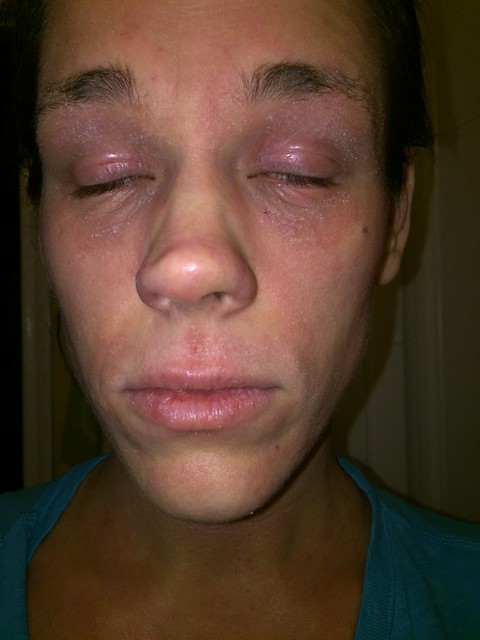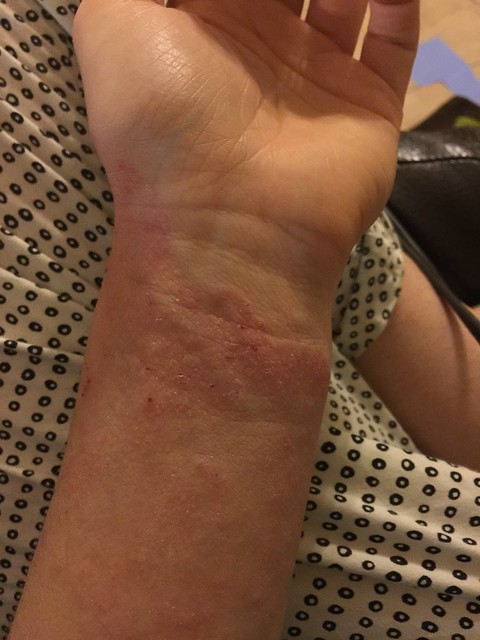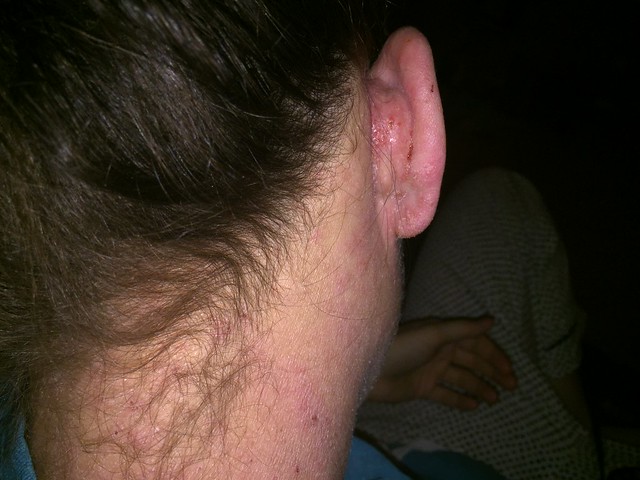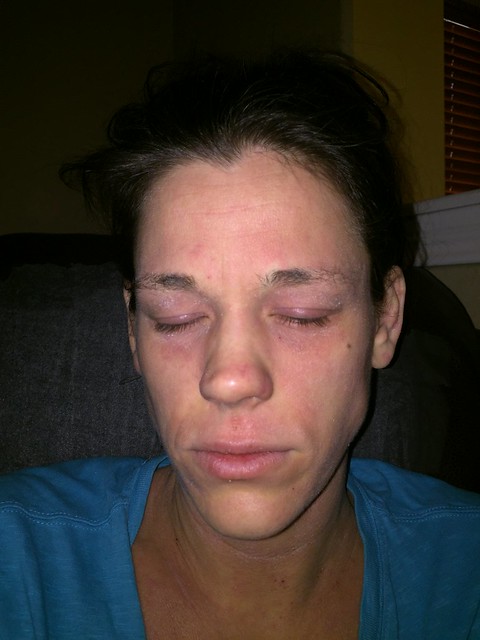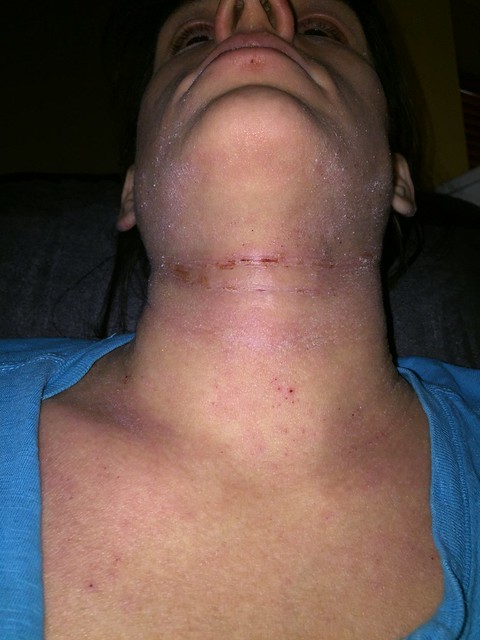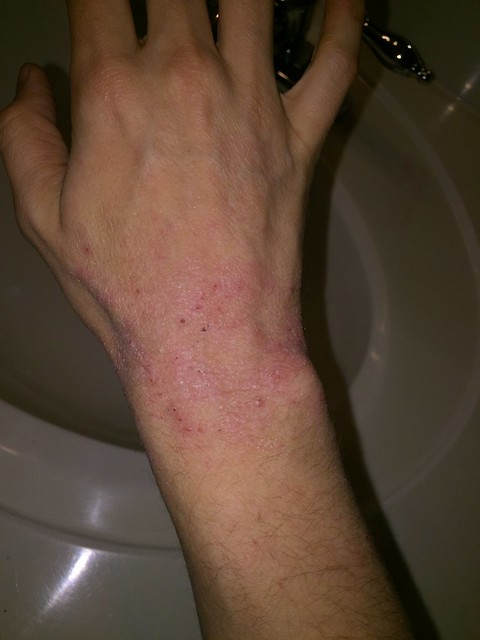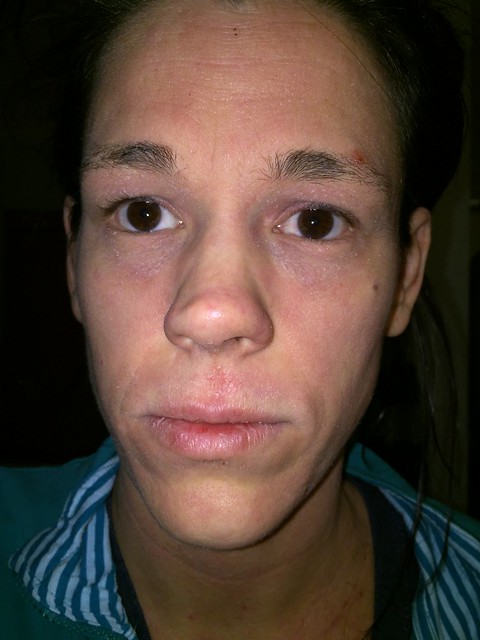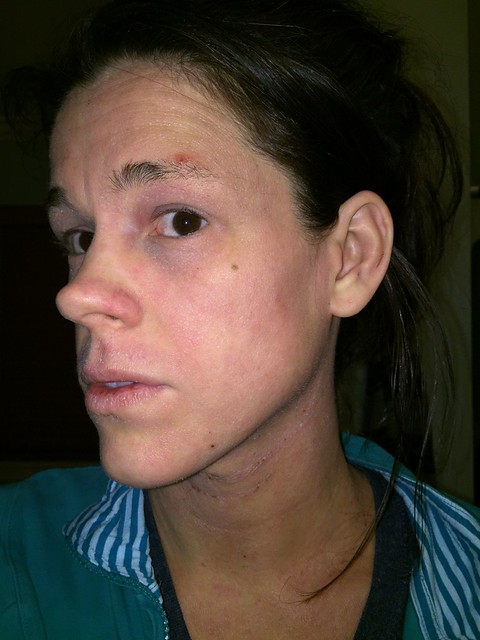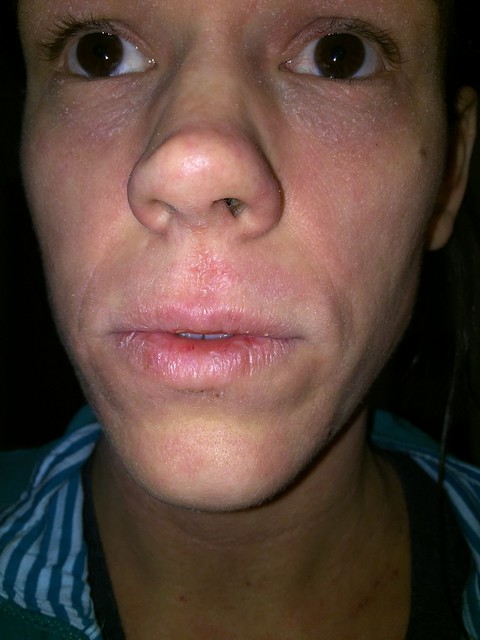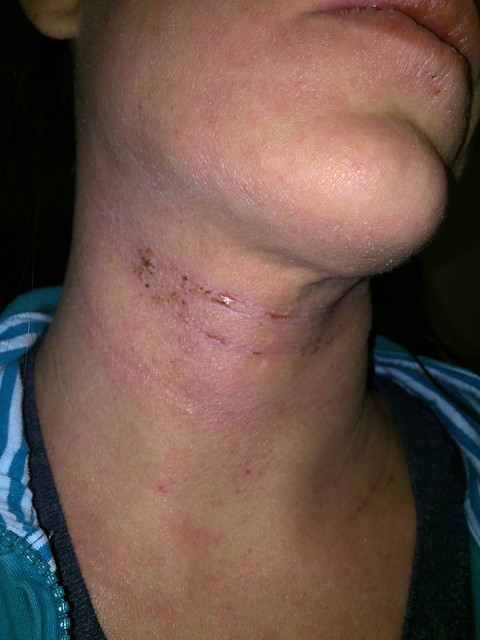Achieving evenness of laser beam irradiation is essential in achieving good outcomes and now a new study offers insight on high precision treatments with robotics.
Dermatology Times – Dermatology



Tag Archives: More
Acne, rosacea meds more expensive for Medicare patients seeing specialists
Patients on Medicare who receive prescriptions for acne and rosacea from specialists pay more for those medications than they would from a primary care physician, according to results of a new study.
Dermatology Times – Dermatology
Skin Care for Eczema Follows the ‘Less is More’ Principle
The typical skin care treatment products for eczema actually exacerbate and prolong the problem.
Skin Care News
50% more people have hay fever this year
I think you’ll all agree, this year has been an incredible summer so far. I love England in the sun, it’s like being on holiday and the feeling of the sun warming the skin is one of my favourite things. But if that warm, dry weather brings with it clouds of pollen, spring and summer can be miserable for those who have hay fever.
I’ve noticed that just in my circle of friends and allergy community many of us have seen a worsening in symptoms, terrible hay fever and also loads of people getting it for either the first time or the first time in years.
A recent study revealed that there has indeed been quite a staggering rise.
Read ‘Spike in summer hay fever cases’,
The article begins by stating that, “Hay fever cases in England have reached their highest level so far this year, and are just under 50% higher compared to this time in 2016, the latest weekly figures from the Royal College of General Practitioners’ Research and Surveillance Centre show.”
That’s a 230% increase… but what’s the reason?
- Warmer drier weather for the seasons means more pollen
- Hay fever seasons seem to be extending, trees pollinate more for longer
- Very little rain to soak up the pollen – so it’s dry and stays on the surface to blow around
- More city landscaping, trapping pollen on hard surfaces
- Trends toward more decking and hard floors in gardens – pollen is absorbed into soil
- Council planting strategies favour high pollen trees over fruiting (less mess to clear up)
- Five year trends do see spikes in symptom cycles like this
- And I could go on…
I plan to produce a blog about why this is happening shortly, the article above, whilst intetesting, doesn’t offer any insight into why this phenomon is occuring. If you’re like me, you want answers, you want to understand why, so you can at least reassure yourself you’re not to blame. Your super immune system is just over reacting again in a quite spectacular way. It’s being quite clever really so do be proud of your body. It’s trying to help you out, it’s just failing rather miserably to do so…
I learnt loads about this last year when I was on Country File Diaries in a hay fever special. You can read the top 20 things I learnt here in 20 things you can do to reduce your hay fever...
So there could be many factors, leaving us still with no real cure or treatment. Anti histamines and sprays and eye drops do help but they only take the edge off the symptoms.
For more help, tips and ideas to help you reduce your symptoms, please read my other hay fever blogs here.
For those who crave an active outdoor lifestyle it’s time to man up and get out there. Go prepared and take whatever precautions you can because this super pollen is nasty and it’s out to get you!
Please also listen to me on 5 Live talking to Sam Walker and Chris Warburton on Sunday Breakfast about this very phenomenon.
Has your hay fever been worse? or have you or your child just got it for the first time this year?
Negative food experiences make future histamine reactions more likely
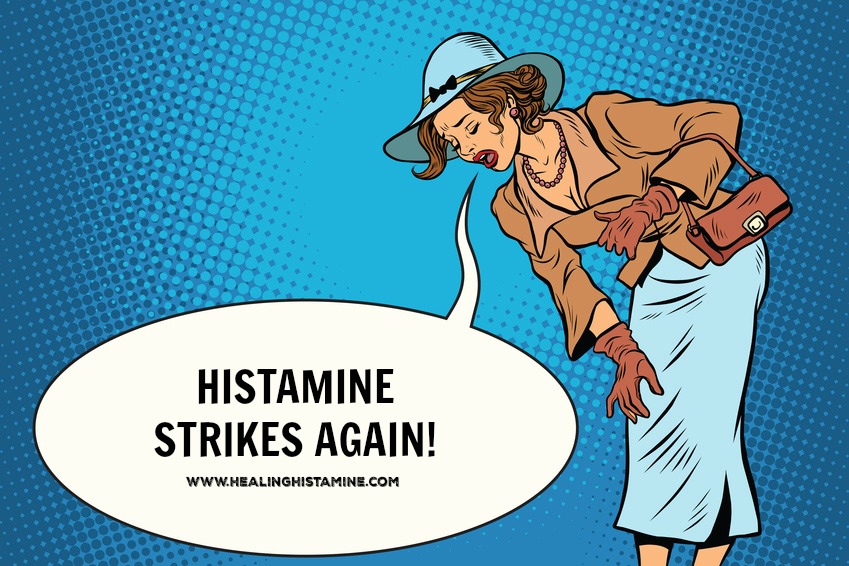 Conditioned taste aversion is a survival mechanism whereby animals learn to associate taste with a food that has made them sick; usually because it’s toxic or spoiled. In some cases the conditioned association between a food and sickness is so strong that the amygdala, the primitive part of the brain whose role it is to identify whether something is dangerous, can send the danger signal based on just the smell of a food alone. Sound familiar? Read on…references always at the bottom of post.
Conditioned taste aversion is a survival mechanism whereby animals learn to associate taste with a food that has made them sick; usually because it’s toxic or spoiled. In some cases the conditioned association between a food and sickness is so strong that the amygdala, the primitive part of the brain whose role it is to identify whether something is dangerous, can send the danger signal based on just the smell of a food alone. Sound familiar? Read on…references always at the bottom of post.
Chemotherapy has taught us a lot about taste aversion. Patients undergoing treatment who experience extreme nausea or sickness during it may develop a long term aversion to foods eaten during those months.
Granted, that’s an extreme example, but some of us (myself included) have experienced years, if not decades of nausea (and worse) as a result of excess histamine or negative food reactions.
Histamine, dopamine, acetylcholine and serotonin are involved in the control of nausea and vomiting.
I stashed Motilium, a dopamine agonist that prevents nausea/vomiting in my handbag, by my bedside, and in my car for years. Really years. Took it pretty much every day.
As a kid I projectile vomited regularly. As an adult too really. Most memorably it’s happened while walking down the street, behind a curtain at a black tie function (while sober), and many others.
I think I may have, like chemotherapy patients, developed a conditioned taste aversion to foods (which triggered major nausea every time I ate), or my inflammation bucket was so very full (read more about the bucket theory here) that it kept spilling over no matter what I ate.
So how does behavioural conditioning like taste aversion actually work?
Exciting research by scientists and those studying behaviour have shown that our beliefs affect the immune system. For example, they have found that placebos work (when they do) because people believe their doctor. They have faith that the medicine will heal them.
But a more exciting discovery was made in the last few years: that the immune system can be conditioned to respond in a certain way by association with a subconscious stimulus. In her fascinating book CURE, investigative reporter Jo Malone interviews doctors and researchers at the cutting edge of the field of psychoneuroimmunolgy. They believe, and have proven, that behavioural conditioning can reproduce the effect of certain medications on the immune system, regardless of whether the patient believes it will heal them.
The scientists came up with variations on: giving an open placebo pill to patients (that’s there someone knows the pill is sugar/an inert substance), with a real medication, paired with a certain piece of music, and a liquid with an incongruous taste (ie a red drink that tastes like banana), at the same time in the same place. A few weeks and the medication would be reduced (or eliminated depending on the severity of the patient’s condition) but the rest would continue (music, drink, open placebo).
They found that the immune system continued to behave as it did when given the full dose of the real medication.
So despite the patient being fully aware that the medication was removed, their immune system had been conditioned to behave in a certain way.
Researchers have proven this in particular with asthmatics and measuring histamine released when the patients were stressed by believing they were being exposed to an allergen.
That’s how powerful conditioning can be.
That’s also how negative conditioning could be tripping us up.
If our immune system has been conditioned to respond to certain foods by releasing massive amounts of histamine, then this could keep going on even if the original issue has resolved.
Let’s say you were going through a time of immense stress, or eating while stressed at your desk always, or struggling to keep your cool with kids at your hem while cooking and eating, or had unpleasant family meal times, or were sick for a time, whatever, and your immune system came to associate stress with food and sickness.
That’s why when people ask me how I’ve managed to add so many foods back to my diet, including higher histamine ones, I attribute most of my gains to getting my diet right, but also fixing how my brain processes my body’s response to food and stress. I discuss my approach to healing this here and here.
It’s finally here! Man Food – a high nutrient antihistamine and anti-inflammatory ingredient filled book geared towards guys, women who love to work out, yoga like they mean it, or just load up on healing nutrients. Features my personal shopping list of antihistamine and anti-inflammatory foods.
The Anti-cookbook and all liquid Anti-Detox Book, don’t treat any conditions, but feature a plethora of the high nutrient antihistamine and anti-inflammatory ingredients that have been instrumental in helping me feed myself on a limited diet. The Anti-cookbook features a four page list of antihistamine and anti-inflammatory foods and comes in regular and Paleo.
—-REFERENCES—
“Conditioned taste aversion.” Wikipedia. Wikimedia Foundation, 21 May 2017. Web. 15 June 2017.
“Classical Conditioning (Pavlovian Conditioning).” SpringerReference (n.d.): n. pag. Web
Bernstein, Ilene L. “Conditioned food aversions as a consequence of cancer and its treatment.” PsycEXTRA Dataset (n.d.): n. pag. Web.
Bernstein, Ilene L. “Conditioned food aversions as a consequence of cancer and its treatment.” PsycEXTRA Dataset (n.d.): n. pag. Web.
“Domperidone.” Wikipedia. Wikimedia Foundation, 12 June 2017. Web. 15 June 2017.
Dark, Kathleen, Harman V. S. Peeke, George Ellman, and Mary Salfi. “Behaviorally Conditioned Histamine Release. Prior Stress and Conditionability and Extinction of the Response.” Annals of the New York Academy of Sciences 496.1 Neuroimmune I (1987): 578-82. Web.
“Chemoreceptor trigger zone.” Wikipedia. Wikimedia Foundation, 13 June 2017. Web. 15 June 2017.
Wager, Tor D., and Lauren Y. Atlas. “The neuroscience of placebo effects: connecting context, learning and health.” Nature Reviews Neuroscience 16.7 (2015): 403-18. Web.
Day 369 – Day 377: End of a flare and more clear skin after…
Day 396 – Day 425 Month 14 Fighting More Flares
Month 14…. Some calm skin… Fighting flares. Fighting flares.
This disease is a marathon. Except you never know what mile marker you’re at and you didn’t prepare before hand. And you’re wearing the wrong shoes. Well, for me anyway. I stumbled upon it.
I struggle with staying mentally strong. For the most part, I feel like I’ve done ok. But I’ve definitely reached my limit on quite a few occasions and was drug to shore kicking and screaming by some pretty amazing people. I honestly don’t know what I would’ve done without the Facebook support group.
While I’m still struggling, I can say that I’ve been living. I can slap makeup on-or not- and my skin has been strong despite flares. Until the flare that hit at the end of this month and the beginning of next, I didn’t experience ooze.
 |
| Skin was feeling SO calm. VERY little itching at night and was sleeping pretty well through the night. |
Day 398
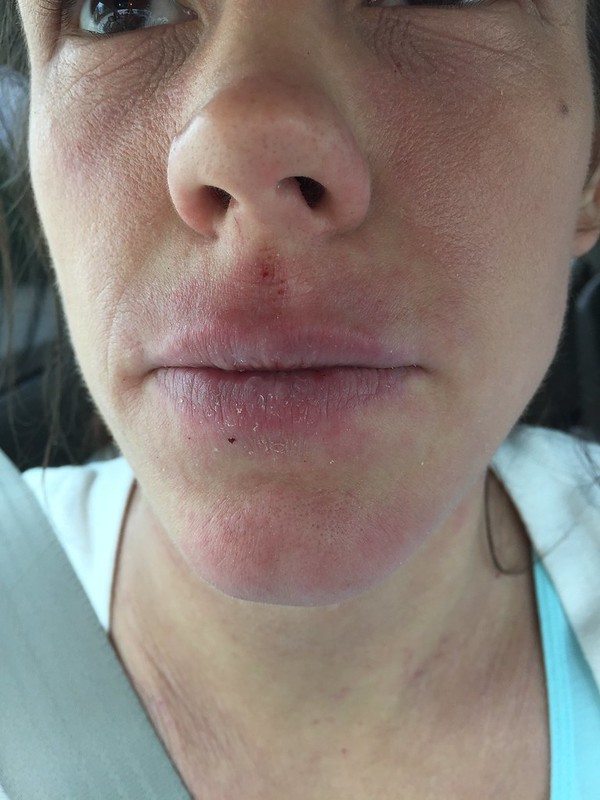 |
| Randomly started acting crazy Easter afternoon. |
 |
| Slapped some makeup on her… and she was fine… until… |
Day 402
 |
| THE NEXT MORNING… Right after a shower, so it’s totally inflamed |
 |
| This guy is about to start giving me hell. |
Day 403
Probiotics and Eczema: Treatment More Than Skin Deep
Probiotics and Eczema: Treatment More Than Skin Deep
In particular, research shows probiotics are most successful at fighting eczema during a woman's pregnancy, reducing the chance of a child developing the skin allergy up to 50 percent, Prime Physique Nutrition reported. Children and infants are most …
Read more on Newsmax
Skincare Tips5 easy signs your skin is unhealthy
If you have dry or scaly skin, it might indicate a skin condition like eczema. READ: 7 simple … If rashes have been treated with over the counter treatments and they don't clear out then they should be checked as they might be a sign of something …
Read more on Pulse Nigeria
Hairstylists Are More Likely To Have Alzheimer's And Eczema, According To …
Hairstylists Are More Likely To Have Alzheimer's And Eczema, According To …
Alexandera Scranton, director of science and research at Women's Voices for the Earth, told HuffPost Live "up to 60 to 70 per cent of salon workers reported dermatitis on their hands and respiratory conditions like asthma and decrease in lung function …
Read more on Huffington Post Canada
The Health Risks to Consider Every Time You Walk in the Hair Salon
Studies have found that hairdressers are more likely to have dermatitis and eczema on their hands than other occupations. In a 2014 focus group held by the Black Women for Wellness, one participant explained the extent of the damage. "My friends 20 …
Read more on POPSUGAR Beauty Austrailia
Men on the Make grows beards, business
“We are down-to-earth guys who work a 9 to 5, like to fish, hunt, and build things with our bare hands,” Van Anne said. …. You see more and more people developing eczema, dermatitis, psoriasis, and other skin issues including hair loss. Eating the …
Read more on Emporia Gazette















